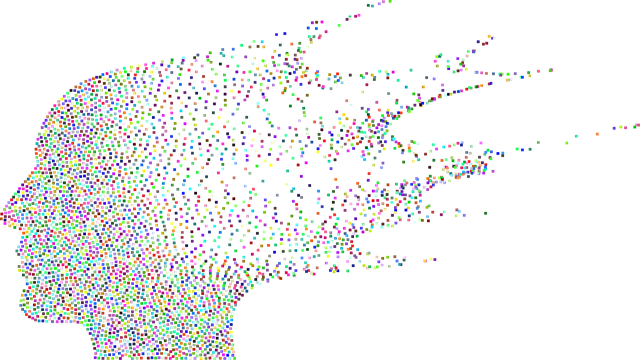Community outreach programs like Therapy for Children utilizing Dialectical Behavioral Therapy (DBT) address mental healthcare disparities by offering specialized care to diverse populations, particularly children. DBT, initially designed for adults with borderline personality disorder, teaches emotion regulation, coping mechanisms, and mindfulness skills proven effective in treating mood management disorders. This holistic approach fosters cultural sensitivity, early intervention, and positive long-term outcomes for young minds. Regular evaluations of Therapy for Children and DBT initiatives are crucial for measuring success, improving program adaptability, and ensuring the well-being of children within the community.
Community outreach programs play a vital role in enhancing mental health services, especially for children. This article explores the implementation of Dialectical Behavioral Therapy (DBT), a game-changer in child therapy, within these programs. We delve into the benefits and goals of community outreach, offering a structured approach with DBT techniques. Additionally, we discuss evaluation methods to measure success and provide strategies for continuous improvement, ensuring optimal outcomes for young minds. Discover how these initiatives revolutionize mental health support in diverse communities.
- Understanding Community Outreach Programs: Benefits and Goals
- Implementing Dialectical Behavioral Therapy (DBT) in Children's Outreach
- Measuring Success: Evaluation and Continuous Improvement Strategies
Understanding Community Outreach Programs: Benefits and Goals

Community outreach programs play a pivotal role in extending mental healthcare services to diverse populations, particularly children in need of specialized care. These initiatives aim to bridge the gap between limited resources and those seeking support for their mental wellness. One such effective approach is Therapy for Children, which incorporates Dialectical Behavioral Therapy (DBT) to foster healthy coping mechanisms and emotional regulation skills. By implementing these programs, communities can improve access to DBT—a proven method in treating a range of issues, including mood management disorders.
The benefits extend beyond individual therapy; community outreach strengthens cultural sensitivity in mental healthcare practice. It ensures that services are tailored to meet the unique needs of different communities, promoting inclusivity and trust. This holistic approach not only improves overall mental wellness but also encourages early intervention, which is crucial for positive long-term outcomes, especially in young minds still developing emotional intelligence.
Implementing Dialectical Behavioral Therapy (DBT) in Children's Outreach

Implementing Dialectical Behavioral Therapy (DBT) in Children’s Outreach programs offers a transformative approach to addressing emotional challenges and promoting mental wellness among youth. DBT, originally designed for adults with borderline personality disorder, has been adapted for younger populations, focusing on skills development to regulate emotions, tolerate distress, enhance mindfulness, and improve interpersonal effectiveness. This evidence-based therapy is particularly beneficial for children facing difficulties in mood management, often linked to underlying mental health concerns.
By integrating DBT into outreach initiatives, communities can empower young individuals with valuable tools to navigate their emotional landscape. Mental wellness coaching programs derived from DBT teachings can foster resilience, self-awareness, and healthy coping mechanisms, ultimately contributing to improved mental health awareness and overall well-being. This proactive approach ensures that children receive the support they need at a critical stage of development, setting them up for success in managing challenges both now and in their future adult lives.
Measuring Success: Evaluation and Continuous Improvement Strategies

Evaluating the success of community outreach programs is vital to ensure their long-term effectiveness and adaptability. This process involves a comprehensive analysis of key performance indicators (KPIs) specific to each initiative. For instance, in the context of Therapy for Children and Dialectical Behavioral Therapy (DBT), successful outcomes might include improved self-esteem, enhanced coping mechanisms, and reduced behaviors associated with mental illness. Measuring these changes through pre-post assessments, interviews, or observations provides valuable data for improvement.
Continuous improvement strategies should incorporate feedback from both participants and mental health professionals. Stigma reduction efforts can be gauged by tracking changes in public perception and attitudes towards mental illness. Additionally, risk management planning becomes more precise with regular evaluations, allowing for adjustments to address emerging challenges. By fostering an iterative process of assessment and refinement, community outreach programs can better serve their target populations, ultimately contributing to the overall well-being of children within these communities.
Community outreach programs, such as implementing Dialectical Behavioral Therapy (DBT) in children’s services, can significantly enhance mental health support and overall well-being within communities. By focusing on evidence-based practices like DBT, these initiatives not only address individual needs but also foster a sense of collective resilience. Continuous evaluation and improvement strategies are vital to ensure the success and adaptability of such programs, ultimately enhancing the lives of children and families they serve.








